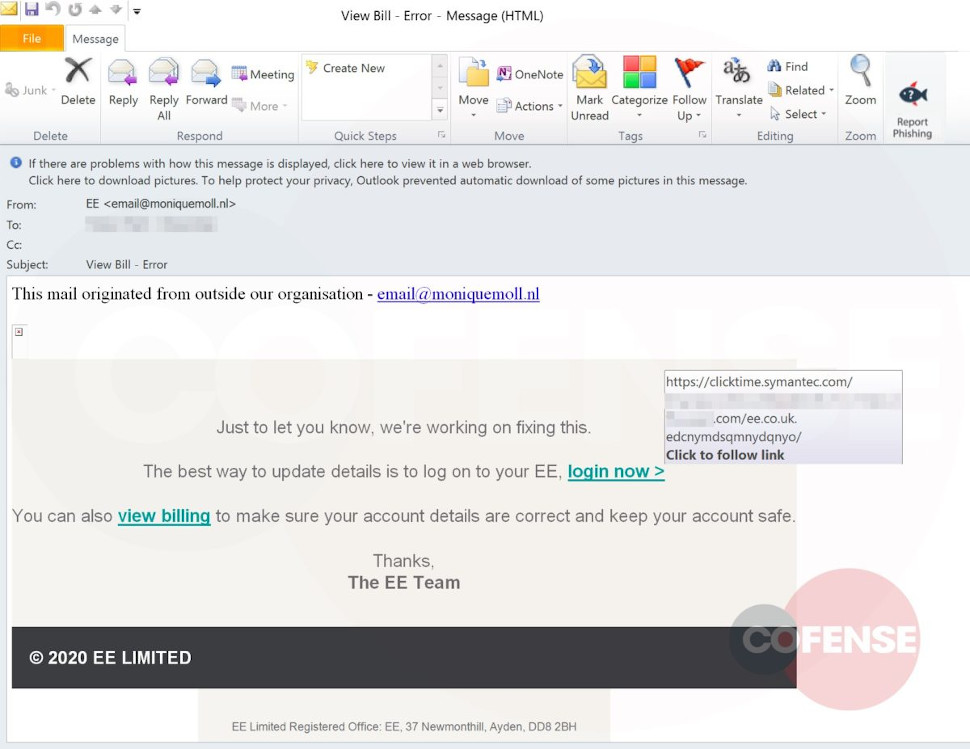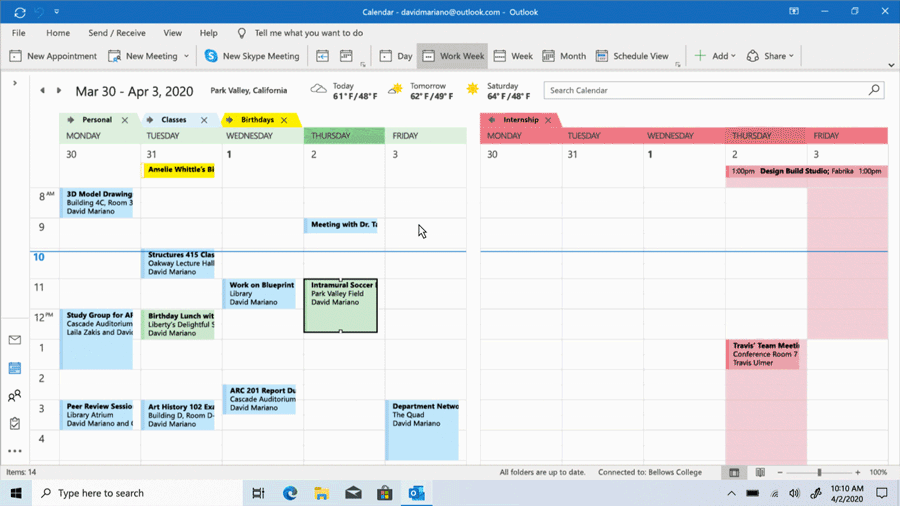The popularity of Zoom has hit a new high in the UK government, which has been warned over its use of the service following a number of high-profile security incidents.
The video conferencing service has seen a huge rise in users over the past few months due to global lockdowns put in place by coronavirus, but with this boom has come increased scrutiny.
This included warnings from the UK National Cyber Security Centre (NCSC) over Zoom's level of safety, including cyberattacks and possible data privacy issues.
- Zoom will stop accepting new users in some markets
- 20 best Zoom and Teams background resources: for personal and business use
- Zoom makes first ever acquisition in quest to boost security
Zoom security
"Zoom is being used for unclassified communications in Government under unprecedented circumstances," a Government spokesperson told The Mirror.
“Other services are in place for more sensitive communications, and the availability of these services is being increased to meet the demand of more staff having to work remotely."
However an FOI request by the Parliament Street think tank has found that a total of 731 Zoom licences have been ordered by the main Government departments since the beginning of the outbreak.
This includes 550 Zoom accounts purchased by the Ministry of Defence (MoD), 150 from the Cabinet Office, 15 from the Foreign and Commonwealth Office (FCO), eight from the Home Office and five from the Treasury.
These six key departments were also found to have heavily invested in new devices to enable employees to work from home, with 41,300 new laptops, tablet computers, and mobile phones acquired in order to help staff remotely.
This figure included 27,589 new laptops, 4,011 tablet computers and 9,700 mobile phones, with the MoD again investing the most, purchasing 13,500 new laptops (and 9,467 new Microsoft Office 365 accounts), 3,263 new tablets and 2,200 new mobile phones.
This spending spree was not seen across all areas of the government though, as the Department for Transport and the FCO both revealed that they had not purchased any new devices in response to the Coronavirus outbreak.
“The Covid-19 crisis has seen millions of new users sign up to Zoom to host meetings and provide important updates to employees working remotely," noted Paul Farrington, EMEA, Chief Technology Officer, Veracode.
"However, in recent weeks a series of security missteps and bugs have been discovered, which raise fresh questions about the cyber risks and privacy issues associated with online conference systems.
"With this in mind, it’s critical that key government departments are cautious if using the platform for sensitive meetings, around national security, and public health. With cyber attacks on the rise, it’s also crucial that users ensure they have downloaded the latest versions of these applications, to prevent hackers from gaining access and stealing data.”
- Keep your data safe online with the best antivirus software 2020



